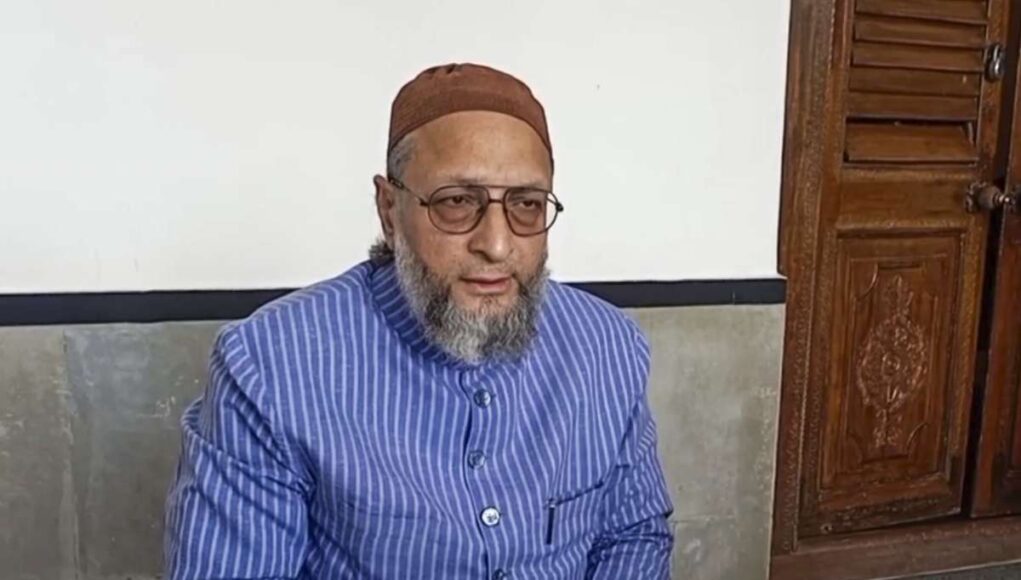Source : INDIATV NEWS
AIMIM president Asaduddin Owaisi has criticised the new Waqf (Amendment) Act as “unconstitutional” and aimed at undermining Waqf properties. He has moved the Supreme Court, hoping for justice against a law he claims strips crucial protections.
AIMIM president Asaduddin Owaisi has described the recently enacted Waqf (Amendment) Act as “unconstitutional” and claimed it is designed to “destroy” Waqf properties, expressing hope that the Supreme Court will overturn it. In an interview with PTI Videos on Saturday, the Hyderabad MP, who has challenged the law in the Supreme Court, questioned its purported benefits, urging supporters to identify any progressive sections. “Tell me in what way is it a progressive law? Tell me one provision by which Waqf property is saved. Tell me one provision by which there is an increase in Waqf’s income and one provision by which encroachers are removed,” he said.
Owaisi, who served on Parliament’s Joint Committee for the Waqf (Amendment) Bill, alleged that the new legislation strips away crucial protections for Waqf assets. “You removed the good provisions (from the previous law). Tell me which sections (are good in the new law)…neither the government nor those sitting in their support would be able to say,” he added.
He also highlighted concerns raised by the Dawoodi Bohra community, which had sought to be excluded from the law’s purview, and reiterated his confidence in the judiciary. “We hope to get justice from the Supreme Court because this is an unconstitutional law,” Owaisi said.
SC to hear interim relief plea against new law on Tuesday
The Supreme Court is set to hear the interim relief plea against the law on May 20, with a bench comprising Chief Justice of India B R Gavai and Justice Augustine George Masih. The hearing will address three key issues, including the power to denotify Waqf properties, the composition of state Waqf boards and the Central Waqf Council, and a clause that allows a property to be treated as non-Waqf if a collector’s inquiry finds it to be government land.
On the uniform civil code (UCC), Owaisi questioned the very premise of uniformity, pointing to the coexistence of diverse legal frameworks like the Hindu Marriage Act, Hindu Succession Act, Special Marriage Act, and Indian Succession Act (ISA). “How can it be uniform when you are excluding tribals, excluding the Hindu Marriage Act, and the Hindu Succession Act? Will you follow Mitakshara or Dayabhaga schools?” he asked, referring to the two main branches of Hindu inheritance law.
Owaisi emphasised that India’s diversity needs to be respected, arguing that “one’s views cannot be imposed on others.”
(With inputs from PTI)






